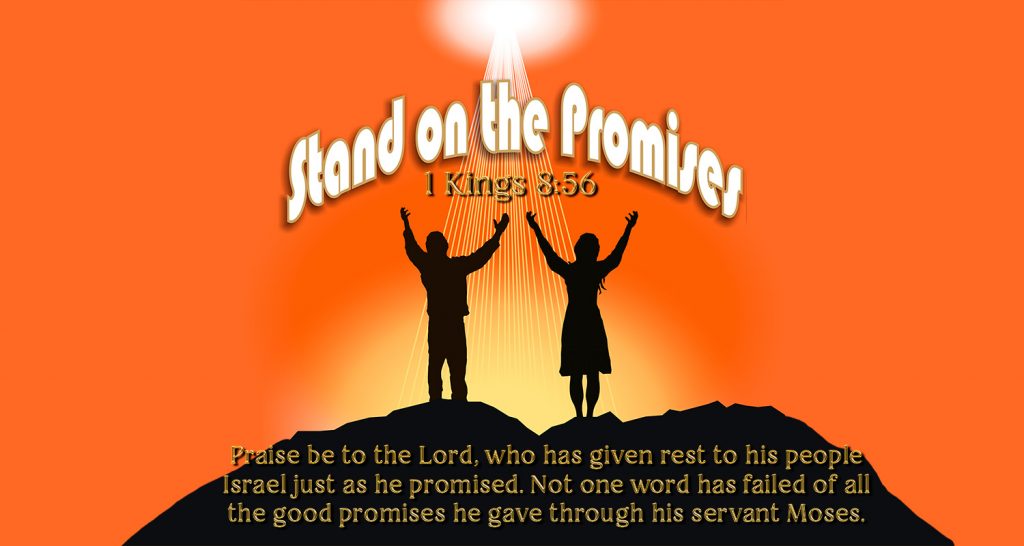Listen, my son, to your father’s instruction and do not forsake your mother’s teaching. They will be a garland to grace your head and a chain to adorn your neck. Proverbs 1: 8, 9, NIV
Blessed Lord, we thank You, that even when our feet stray into areas that were never intended for us, You will not abandon us. Amen
Today we continue in our series of “Listening to Our Parents, in the Lord.” Yesterday we wept over Samson. Today we take a look at:
Dinah. She is Jacob’s only daughter, by Leah. She was the eleventh child. Born just before Joseph, who was the apple of her father’s eyes (Genesis 30: 21-23). There is not much said about Dinah in the Scriptures. Since our focus is “Listening to your parents…” we will deal with what possible upbringing the girl had, and what were the results.
“After Jacob came from Padan Aram, he arrived safely at the city of Shechem in Canaan and camped within sight of the city. For a hundred pieces of silver, he bought from the sons of Hamor, the father of Shechem, the plot of ground where he pitched his tent. There he set up an altar and called it *El Elohe Israel (Genesis 33: 18-20), which can mean *God, the God of Israel or mighty is the God of Israel – margin. Obviously, Jacob was trying to do everything right. He did not go in among the Shechemites. He camped without the city. I believe he did this to protect his family from the influence of the Canaanites.
God had spoken through His prophets ” ‘The land you are entering in to possess is a land polluted by the corruption of its peoples. By their detestable practices they have filled it with their impurity from one end to another. Therefore, do not give your daughters in marriage to their sons or take their daughters for your sons. Do not seek a treaty of friendship with them at any time…’ ” (Ezra 9: 11, 12). Jacob knew this. I believe, that as a good patriarch, and priest, of his household, he had passed on these instructions to his family. So much so, that in a fit of anger, because of the way their sister had been treated, contrary to the expressed will of God, Simeon and Levi wiped out an entire village.
Dinah’s name means “judged,” “vindicated.” She was born in a time of unrest when her father’s two wives, her mother Leah, and her aunt Rachel, were both vying for her father’s love. There is much rejoicing at the birth of a son, and the meaning of their names is widely publicized, Leah said, “How happy I am! The women will call me happy…Asher, ” “God has rewarded me…Isaachar,” “God has presented me with a precious gift…my husband will treat me with honor…Zebulun” (Genesis 30: 13, 18, 20, NIV). “Sometime later she gave birth to a daughter and named her Dinah” (21). Where is the celebration at her birth?
It would seem as if Dan and Dinah came from the same root word, because Dan also means vindicated. So when was Dinah vindicated? Was it when her brothers stood up and defended her dignity when she was violated by Shechem? Was it a prophetic name?
I do not know why Dinah felt the need to go “out to visit the women of the land [of Shechem]” (34: 1). But if I could have given her a word of caution it would have been this: Our Christian homes may be far from perfect, and many times the grass seems much greener on the other side. But God has put a fence of protection around our homes, that may be unnoticed, unappreciated, and oftentimes taken for granted. But in spite of the defects, there is no place like the home where an altar is erected for the worship of God (33: 20), and where “our fathers instructions,” and “our mothers teachings” are repeated.
Poor Dinah. No garland graces her head, and no chain has been placed around her neck.
